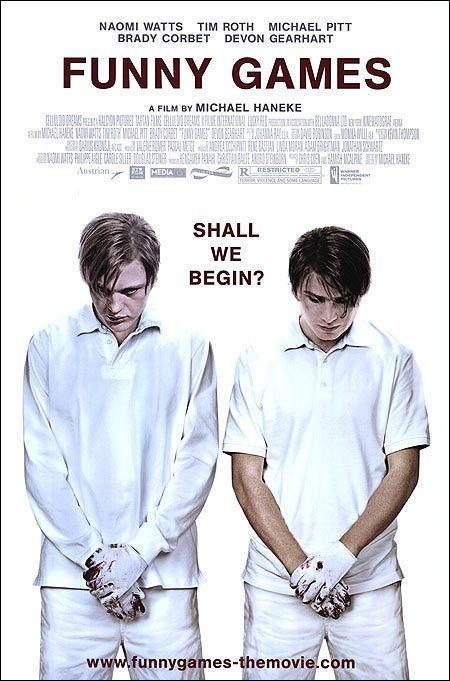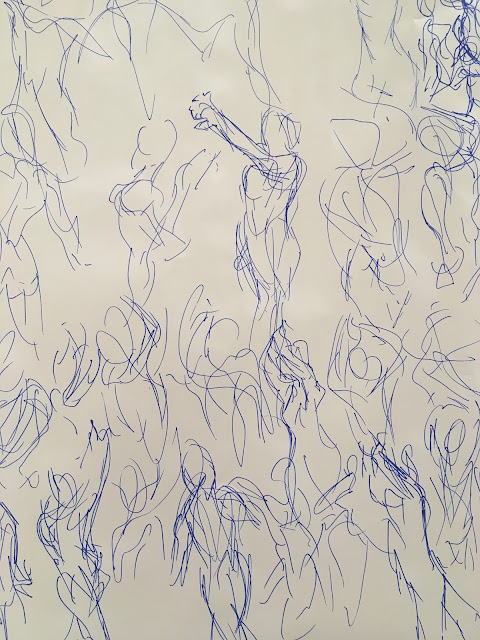Sunday, 26 November 2017
Friday, 17 November 2017
Maya | Jetpack Jones progress 1
Perspectives | Lecture 6
Normativity: Our perception of things when related to a standard/Norm as well as the act of doing things based on or in line with the norm.
Binary Opposition: A binary system based on having two 'opposites'.
Deconstruction: Breaking concepts and idea's down into their parts/structures to understand them and to create new idea's from the pieces.

Binary Opposition: A binary system based on having two 'opposites'.
Deconstruction: Breaking concepts and idea's down into their parts/structures to understand them and to create new idea's from the pieces.
Reinscribe: Renaming or redefining in a new context.
Cognitive Dissonance: Discomfort caused by having conflicting ideas or beliefs.
Judith Butler is an American philosopher and theorist that focuses on gender and the effect of sex on gender. She explores the idea of gender being preformative and something that people perform on a place to place basis as opposed to being something that just is.

5 Reasons Funny Games is postmodern:
1. Deconstruction: The film deconstructs the horror tropes found in horror movies by not showing any of the violence on screen, this leaves the viewer without the experience the expect as the horror is all off-screen.
2. The fourth wall: The film breaks the fourth wall during the film as a character addresses the audience with winks and questions.
3. Non-linear/Fragmented: The film has elements of these, the most noticeable being the scene in which one character, Peter, gets shot only for Paul to rewind the scene and prevent it. This is non-linear and fragmented as it shows the character changing the way the film plays out and the order things would happen in. The scene also shows deconstruction as it deconstructs the idea of the characters being set on an unchanging course as Paul just rewinds and changes the story.
4. Appropriation: The film is a shot-for-shot remake of itself as the director originally made the film in German and then remade the film for America.
5. Stereotypes: The film plays with stereotypes as the antagonists are dressed differently to how stereotypical antagonists are portrayed. Instead of wearing dark colours the antagonists are shown wearing white and are surrounded by bright colours more than by darker ones.
Perspectives | Lecture 5
The Canon - Refers to things in culture that are deemed more superior or significant than other things in the same area/field.
'DWEM' - stands for 'Dead, White, European Male'. A type of person that's viewed as dominant in both literature and culture, thus despised by feminists and multiculturalists.
Phallocentricism - A focus centred around men and the belief that masculinity is connected to power.
Eurocentricism - The emphasis placed on European cultures, values and beliefs.
Postcolonialism - The condition, both politically and culturally, of a former colony.
Multiculturalism - The support or presence of many different ethnic or cultural groups.
Feminism - A stance that fights for women and equal rights for both sexes.

5 reasons Moulin Rouge is postmodern
1. Appropriation: The songs in the film are all, with one exception, songs from pop culture that are mixed together to tell the characters emotions.
2. Non-Linear Narrative: The film has a non-linear narrative as it begins with the main character, Christian, typing as he proceeds to tell us the story. He opens his tale by telling us the end of the story and then working towards that end. The film closes on him back in that room, typing on his typewriter.
3. Multiculturalism: While the film is set in Paris, it references India and indian culture throughout the film - both in the play near the end and in the architecture of the giant elephant.
4. Pastiche: The film references many other movies through use of songs, scenes, dialogue and characters.
5. Pop - Pop culture is explored through songs throughout the film, as all of the song choices are from pop culture.
'DWEM' - stands for 'Dead, White, European Male'. A type of person that's viewed as dominant in both literature and culture, thus despised by feminists and multiculturalists.
Phallocentricism - A focus centred around men and the belief that masculinity is connected to power.
Eurocentricism - The emphasis placed on European cultures, values and beliefs.
Postcolonialism - The condition, both politically and culturally, of a former colony.
Multiculturalism - The support or presence of many different ethnic or cultural groups.
Feminism - A stance that fights for women and equal rights for both sexes.

5 reasons Moulin Rouge is postmodern
1. Appropriation: The songs in the film are all, with one exception, songs from pop culture that are mixed together to tell the characters emotions.
2. Non-Linear Narrative: The film has a non-linear narrative as it begins with the main character, Christian, typing as he proceeds to tell us the story. He opens his tale by telling us the end of the story and then working towards that end. The film closes on him back in that room, typing on his typewriter.
3. Multiculturalism: While the film is set in Paris, it references India and indian culture throughout the film - both in the play near the end and in the architecture of the giant elephant.
4. Pastiche: The film references many other movies through use of songs, scenes, dialogue and characters.
5. Pop - Pop culture is explored through songs throughout the film, as all of the song choices are from pop culture.
Wednesday, 15 November 2017
Tuesday, 14 November 2017
Maya - Sampling & Noise Reduction
Subscribe to:
Comments (Atom)


















